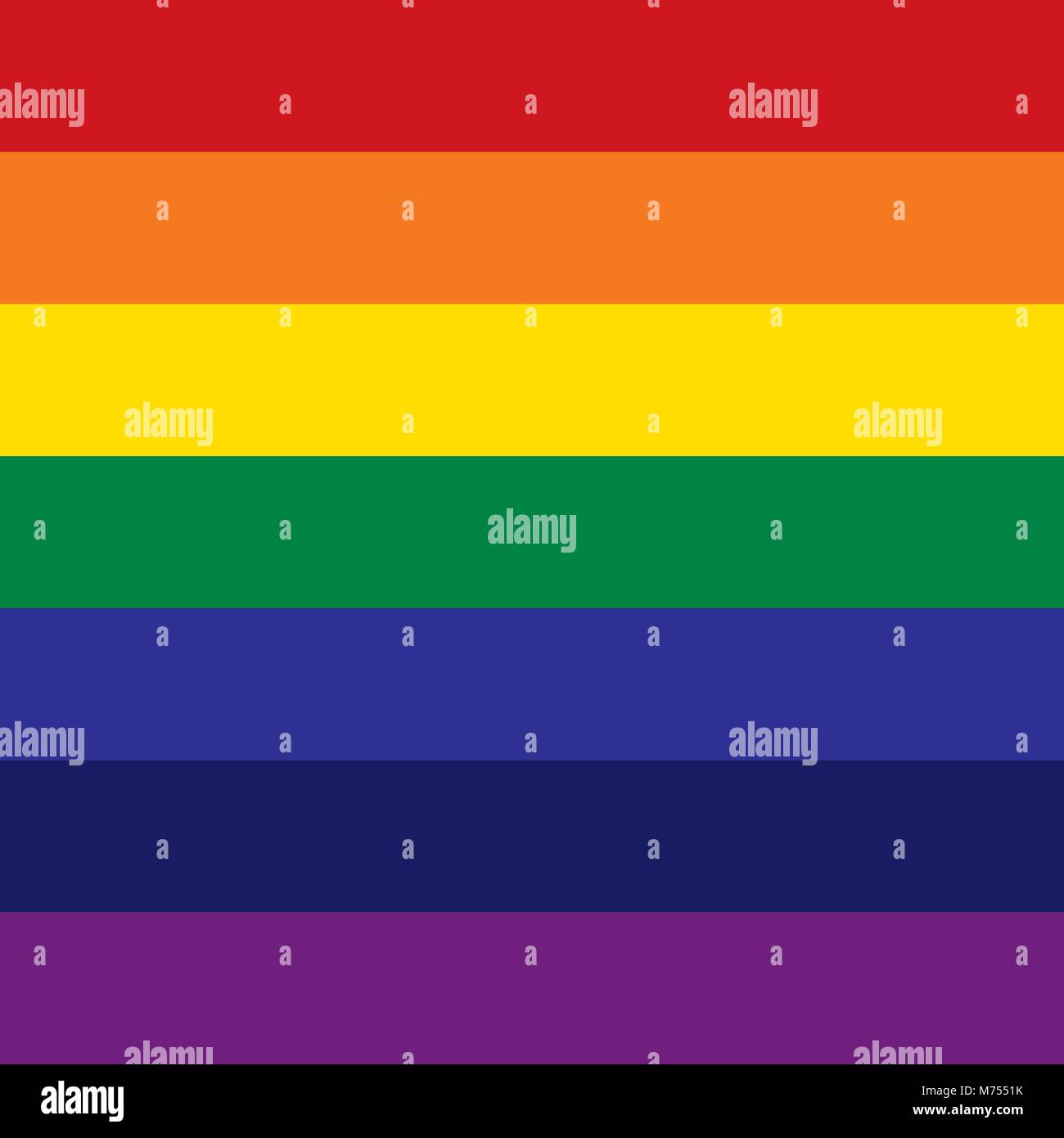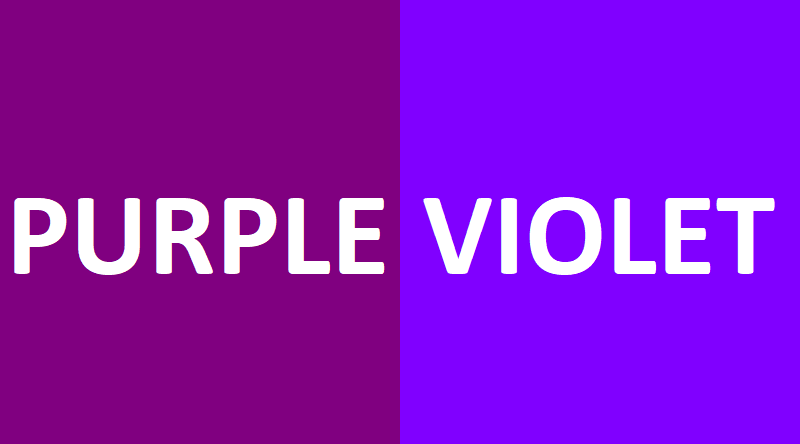Have you ever been captivated by the enigmatic hues of the twilight sky, those shades that blend seamlessly between deep blue and a vibrant purple? It’s a color spectrum that has sparked countless discussions, with many wondering – is it indigo, purple, or violet? While the words might be used interchangeably, they reveal a fascinating tale of color perception, language, and the subtle differences that make each shade unique.

Image:
The question of indigo vs purple vs violet goes beyond simply identifying a color. It delves into the realm of human perception, cultural influences, and the scientific intricacies of light and color. Understanding these nuanced differences can enhance our appreciation for the world around us, from the intricate patterns of a butterfly’s wing to the breathtaking hues of a distant galaxy.
The Spectrum of Perception
A Touch of History
The journey of indigo, purple, and violet begins with the ancient world. The Egyptians, renowned for their advanced understanding of dyes, were among the first to harness the power of indigo, extracting its vibrant blue from the Indigofera tinctoria plant. The Greeks, on the other hand, held purple in high regard, associating it with royalty and the gods. This precious dye, extracted from the murex snail, was extremely expensive and only accessible to the elite.
A Spectrum Unveiled
Fast forward to the 17th century, and Sir Isaac Newton changed our understanding of color forever. Through his groundbreaking experiments with prisms, Newton demonstrated that sunlight, seemingly white, is actually composed of a spectrum of colors. He organized these colors into a rainbow, with indigo occupying the space between blue and violet. While Newton’s spectrum holds a prominent place in scientific history, it’s worth noting that the exact placement of indigo has been debated over the centuries.

Image: cppuntadenamer.jimdofree.com
The Language of Color
The Subtle Nuances of Indigo
Indigo, often described as a deep blue infused with a touch of red or purple, occupies a unique position in the spectrum. It’s often associated with serenity, peace, and introspection. In the world of art and design, indigo is valued for its versatility and its ability to evoke a wide range of emotions.
The Royal Presence of Purple
Purple, a blend of red and blue, holds a rich history steeped in symbolism and power. It was once reserved for royalty, reflecting its rarity and extravagance. Today, purple continues to evoke feelings of luxury, sophistication, and spirituality.
The Violet Enigma
Violet, the color positioned at the edge of the visible spectrum, blends blue with a hint of red, giving it a distinctive reddish hue. It’s often associated with creativity, imagination, and spiritual awakening. Violet also holds a connection to the mystic, with its association with royalty, spirituality, and even magic.
Beyond the Spectrum
The distinction between indigo, purple, and violet often blurs, as they lie along a spectrum of color where subtle variations can cause differences in perception. The light source, the viewing angle, and even the individual’s perception can impact how these colors are interpreted.
Beyond scientific definition, cultural influences play a significant role in how we understand these colors. In some cultures, indigo and purple are considered one and the same, while others may distinguish them with precise names and symbolism.
Embracing the Spectrum
Ultimately, the debate of indigo vs purple vs violet invites us to appreciate the inherent complexity of color. Whether you’re captivated by the deep, introspective hues of indigo, the regal elegance of purple, or the ethereal beauty of violet, each shade offers its own unique appeal. Rather than striving for a definitive answer, let’s embrace the spectrum of color, recognizing the nuances and beauty that each shade holds.
Indigo Vs Purple Vs Violet
Call to Action
Explore the world of indigo, purple, and violet further! Delve into the history of color, discover the science behind perception, and appreciate the cultural significance of these shades. Share your own experiences with these colors, and let’s continue to unravel the fascinating mysteries of the spectrum.






